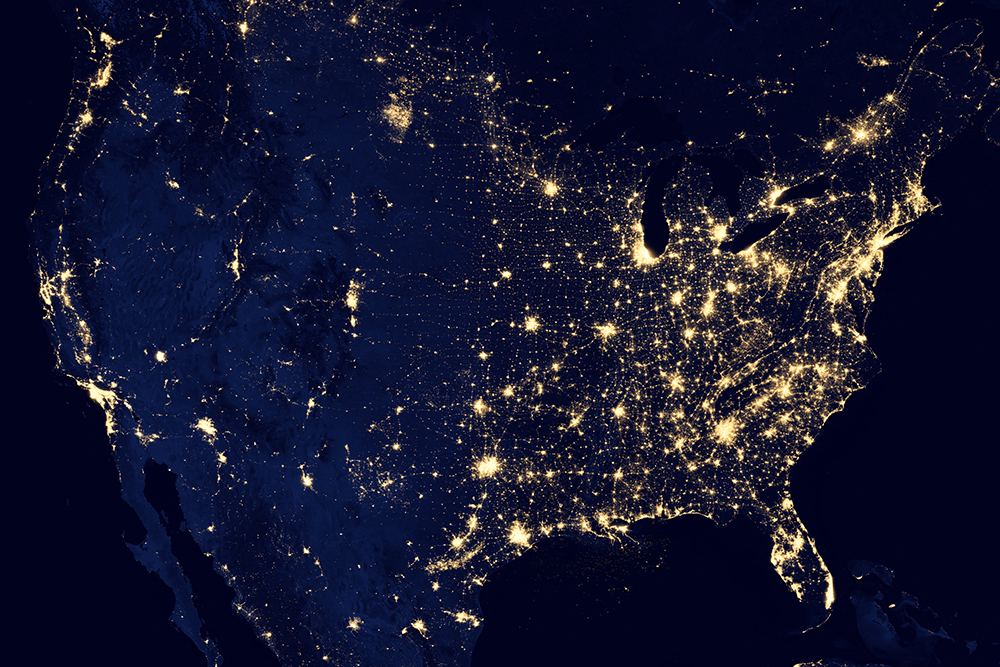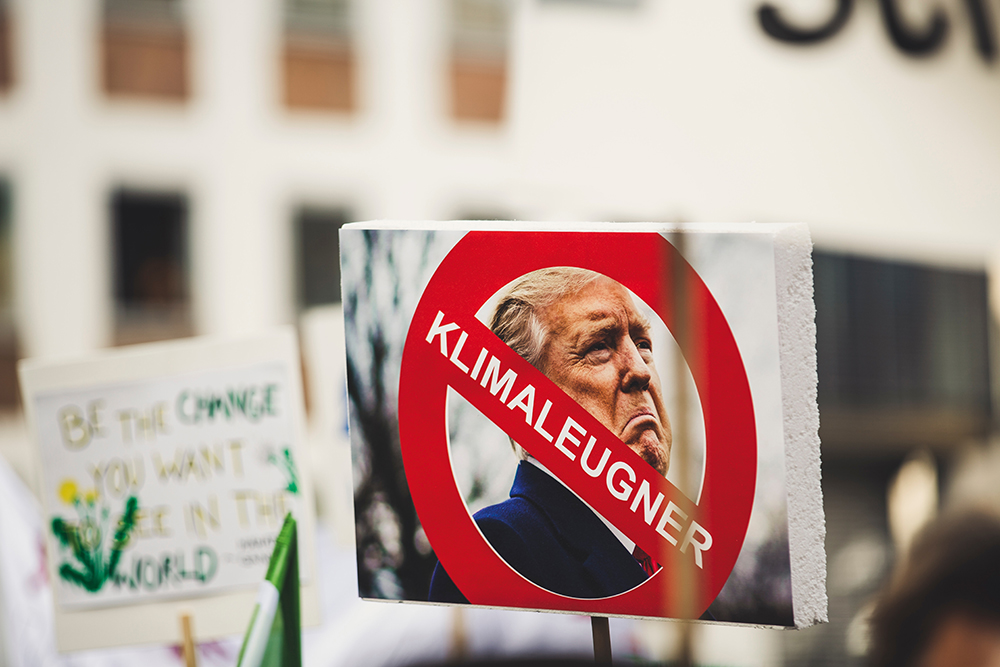This falls election promises to be chaotic, nerve-wracking, and potentially calamitous. Lies will be flying everywhere, and Facebook will distribute many of them.
And in response, Facebook plans to do not that much.
You may be confused about this if you saw recent headlines about Facebooks election actions, like the ones that came out this morning: Facebook Moves to Limit Election Chaos in November, said the New York Times. Earlier this week, Axios announced that Mark Zuckerberg is spending $300 million of his own money to help states fix their election infrastructure.
Its not that these things arent true. Its just that they wont do anything to stop the misinformation and lies that are going to put the election at risk to begin with. And thats because Facebook like the other big social media platforms is built in a way that lets bad actors spread lies easily, and makes it almost impossible to rein them in. The bug is the feature.
Lets quickly talk about todays news: Facebook says that it will ban new political ads in the week before the election. Facebook has been weighing this pre-election ad ban for nearly a year (which is why I asked Facebook ad boss Carolyn Everson about it at our Code Media conference last November). Why announce it just now? Facebook isnt saying.
In any case, you cant understand the ban unless you understand what the ban doesnt do:
- The ad ban doesnt prevent campaigns from running existing ads or ramping up the distribution of those ads.
- The ad ban also doesnt prevent politicians from lying in those ads because Facebook has already said it wont do that.
- And Facebook isnt doing anything about limiting the ability of politicians to target tiny groups of voters with ads built just for them a key reform critics, including former Facebook security boss Alex Stamos, have been calling for.
So: Donald Trump and his campaign, for instance, can lie in Facebook ads, funnel the ads toward key voters, and flood their News Feeds with them all the way through the election. They just cant run new versions of those ads, starting October 27.
Facebook also says it will take other steps to prevent people from being suckered by some of the lies they see on Facebook. The company says it will take down posts that claim youll get Covid-19 if you vote in person; and it will direct users to official election results if any candidate or campaign tries to declare victory before votes are counted.
Again, all fine things to do. But none of them counter the main problem about Facebook: It is built specifically to get its 2 billion users to share whatever they want, with anyone they want, instantly and without friction. And now that bad actors everyone from spammers to Russian hackers to Trump and his enablers have figured out how to use that system, they are doing so.
This morning, for instance, Trump doubled down on his calls for voters to try mail-in balloting, then to show up for in-person voting and see if they can vote again. Whether Trump is trying to actually get his voters to vote twice, which is illegal, or is simply trying to muck up the voting process and cast more doubt on the results doesnt matter: Its certainly an attempt to undermine the election.
And here it is, on Facebook:
By the way, that link, attached to Trumps mischief post by a diligent Facebook employee doesnt tell you that the president is trying to undermine the election. It just sends you to a well-intentioned page that provides links to local voting resources.
Twitter, of course, is Trumps favorite place to lie directly to the public, and the same post is there, too.
But Trumps campaign and his surrogates love Facebook both as a place to run ads and, crucially, as a place to run lies for free. The technical term for the latter is organic marketing: Instead of paying Facebook to spread your untruths, you get Facebook and its users to do it for free.
As the Timess Kevin Roose notes*, over and over again, right-wing publishers like Ben Shapiros The Daily Wire thrive on Facebook:
Pro-Trump political influencers have spent years building a well-oiled media machine that swarms around every major news story, creating a torrent of viral commentary that reliably drowns out both the mainstream media and the liberal opposition. The result is a kind of parallel media universe that left-of-center Facebook users may never encounter, but that has been stunningly effective in shaping its own version of reality. Inside the right-wing Facebook bubble, President Trumps response to Covid-19 has been strong and effective, Joe Biden is barely capable of forming sentences, and Black Lives Matter is a dangerous group of violent looters.
And Facebook cant do anything about this because Facebook is built to do this. Not specifically this, of course its built to let you say anything to anyone about anything.
Facebook will occasionally crack down on the most egregious abuse. But its a global platform with 2 billion users, so it will perpetually be in a whack-a-mole scenario. And you have much better odds of getting noxious stuff onto Facebook than Facebook does at keeping it off the site or taking it down quickly. See, for instance, the successful effort to rally armed vigilantes to Kenosha, Wisconsin, last week.
Any attempts to fundamentally change that changing the user-generated engine that fuels the site or the attention-based advertising structure that rewards users who make the most provocative stuff would change Facebook. And since thats not happening, you cant count on Facebook to change the way people will use and abuse it this fall.
Facebook cant save us from Facebook.
* Facebook is sensitive enough to these charges to have created a full rebuttal to Roose, which argues that conservative media isnt quite as popular as he suggests. That said, Facebook often points to the success of right-wing media on its service when conservatives claim they are being censored on Facebook. Confusing!
Help keep Vox free for all
Millions turn to Vox each month to understand whats happening in the news, from the coronavirus crisis to a racial reckoning to what is, quite possibly, the most consequential presidential election of our lifetimes. Our mission has never been more vital than it is in this moment: to empower you through understanding. But our distinctive brand of explanatory journalism takes resources particularly during a pandemic and an economic downturn. Even when the economy and the news advertising market recovers, your support will be a critical part of sustaining our resource-intensive work, and helping everyone make sense of an increasingly chaotic world. Contribute today from as little as $3.








